Resolution No. 57-NQ/TW dated December 22, 2024 of the Politburo on breakthroughs in science, technology, innovation and national digital transformation (Resolution 57) has been actively implemented by the entire political system to realize the goal of turning Vietnam into a developed country based on science, technology and innovation.
Some scientists have proposed specific policies to attract high-quality human resources, encourage alliances between science and technology organizations with businesses and localities...
Towards digital infrastructure development
Associate Professor, Dr. Vu Hung Cuong, Director of the Institute of Social Science Information, Vietnam Academy of Social Sciences, said that to concretize Resolution 57, the Academy has established a Steering Committee on science, technology development, innovation and digital transformation, which is a merger of the Steering Committee for Administrative Reform and the Steering Committee for Digital Transformation, to unify direction and coordinate the implementation of policies and strategies.
In particular, the Academy has assigned the task of developing the Project to enhance digital transformation in the 2026-2030 period and the Project to digitize libraries in the 2026-2030 period, orienting the digitalization roadmap and developing digital infrastructure.
The implementation plan for Resolution 57 and Resolution No. 03/NQ-CP of the Government has also been issued, requiring units to report periodically. Another important breakthrough is the establishment of the Academy's Science and Technology Development Fund on June 25, 2025.
This fund helps the Academy proactively allocate funds for important emergency tasks, implement remuneration mechanisms, and promote talents, especially in the context of difficulty in attracting high-quality human resources for the field of social sciences and humanities.
The Academy also issued a document calling for proposals for independent ministerial-level scientific and technological research tasks in 2026 focusing on the "Quad Pillars" including Resolution No. 57-NQ/TW, Resolution No. 59-NQ/TW, Resolution No. 68-NQ/TW and Resolution No. 66-NQ/TW of the Politburo, which received a very high response from the Academy's research staff with more than 200 proposals, exceeding the number of ministerial-level scientific and technological tasks being implemented according to the scientific plan for the 2025-2026 period.
It can be said that the timely establishment of the Steering Committee on Science, Technology, Innovation and Digital Transformation Development of the Academy, the issuance of the Plan to implement Resolution 57, the development of Projects to enhance digital transformation, the Library Digitization Project, the establishment of the Science and Technology Development Fund and the call for independent science and technology proposals at the ministerial level in 2026 focusing on the "four pillars" have formed the foundations and important initial steps to implement Resolution 57 at the Academy.
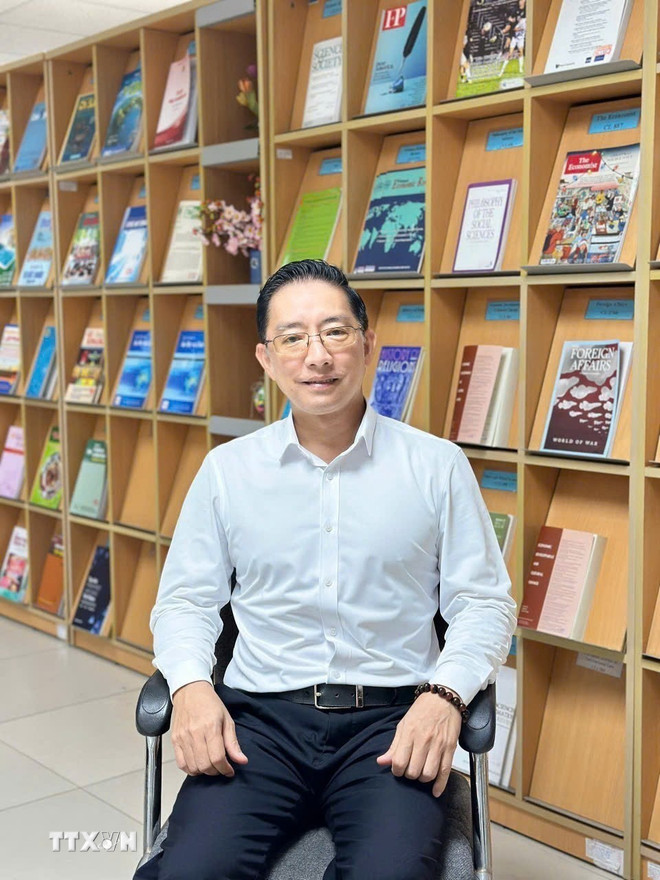
During the implementation of Resolution 57, Associate Professor, Dr. Vu Hung Cuong personally proposed that the Ministry of Science and Technology should promote the role of "conductor" in national digital transformation, providing guidance on management software and designing digital databases. This will ensure connectivity, data sharing, and avoid the risk of duplicate investment for localities and agencies.
In addition, according to Associate Professor, Dr. Vu Hung Cuong, the content and regulations related to social sciences and humanities in the draft Law on Science, Technology and Innovation are still quite modest. State budget funding for this field is always low, with a large gap compared to natural sciences and technology.
“This issue needs to be addressed in the Decrees and Circulars implementing the Law on Science, Technology and Innovation, especially in budget allocation so that social sciences and humanities are treated more fairly, commensurate with their important contributions in changing thinking and social awareness, establishing development models, providing scientific arguments for national strategy and policy planning, ensuring national solidarity, national security, preserving and promoting cultural values, building a civilized and modern Vietnamese society and people,” Associate Professor, Dr. Vu Hung Cuong emphasized.
Building an ecosystem of science and technology organizations
Talking about the advantages and challenges when implementing Resolution 57 in science and technology organizations, Master Nguyen Phuong Linh, Director of the Institute for Sustainable Development Management Research, Vietnam Union of Science and Technology Associations, said that from the contents of Resolution 57, science and technology organizations have oriented their activities with clearer policies, especially for non-public organizations, helping them to be more proactive in managing finances, human resources and operating models.
This opens up opportunities to mobilize diverse resources, especially from businesses and investors, when organizations build sustainable models. At the same time, cooperation and impact are also enhanced, especially for non-public organizations with strengths in connecting communities, academic networks, governments and internationally.
Despite many advantages, science and technology organizations still face significant challenges such as: Difficulty accessing public investment capital or policy support is a major problem; lack of appropriate incentive policies... The gap in innovation management capacity, especially in small or local organizations, causes many obstacles when these organizations transition to an autonomous mechanism.
To effectively implement Resolution 57 in social enterprise organizations, Master Nguyen Phuong Linh proposed that the State needs to create an "open" mechanism for science and technology organizations to participate in the social innovation ecosystem; it is necessary to recognize the role of ecosystem creation, considering science and technology organizations not only as service providers but also as leading units connecting research, practice and policy.
In addition, the State also needs to flexibly implement financial mechanisms and public orders, and encourage alliances between science and technology organizations with businesses, localities, and social organizations in designing and implementing science and technology application solutions at the community level.
Along with that, science and technology organizations also need to improve their capacity and support transformation, organize community education platforms, training programs, consulting on innovation management, building science and technology business models, multi-stakeholder cooperation and financial management, especially for organizations that have just transformed into autonomous mechanisms or operate locally./.
Source: https://www.vietnamplus.vn/nghi-quyet-57-cu-the-hoa-chinh-sach-de-thu-hut-nguon-nhan-luc-chat-luong-cao-post1047288.vnp


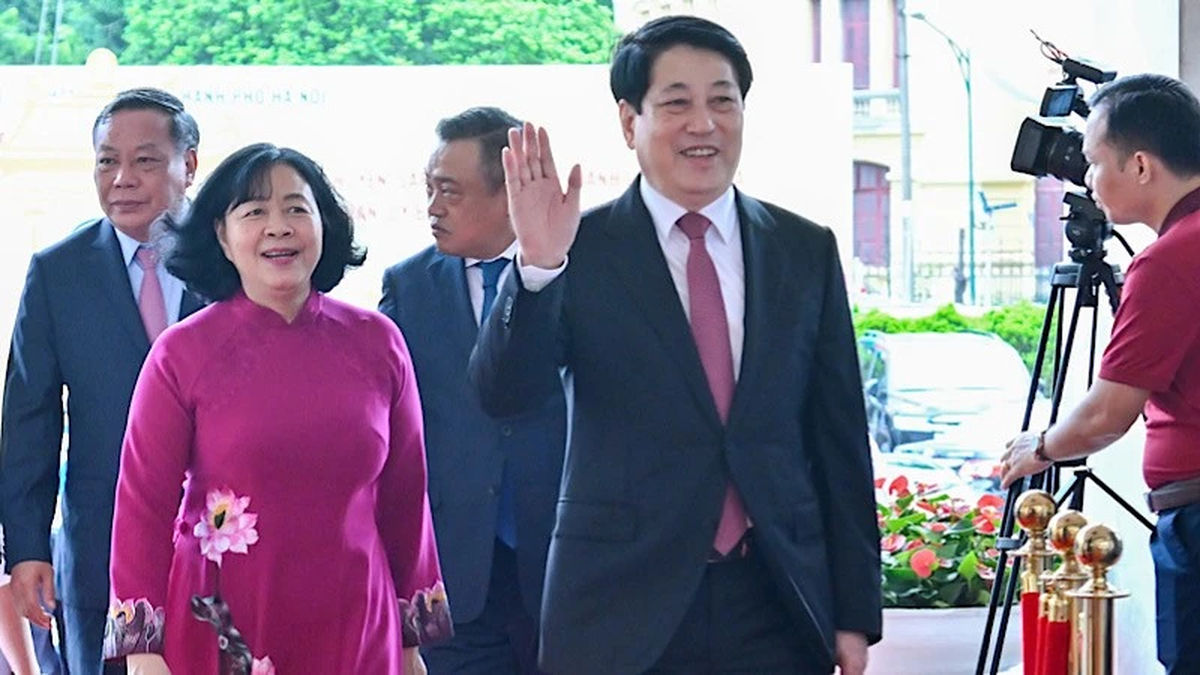


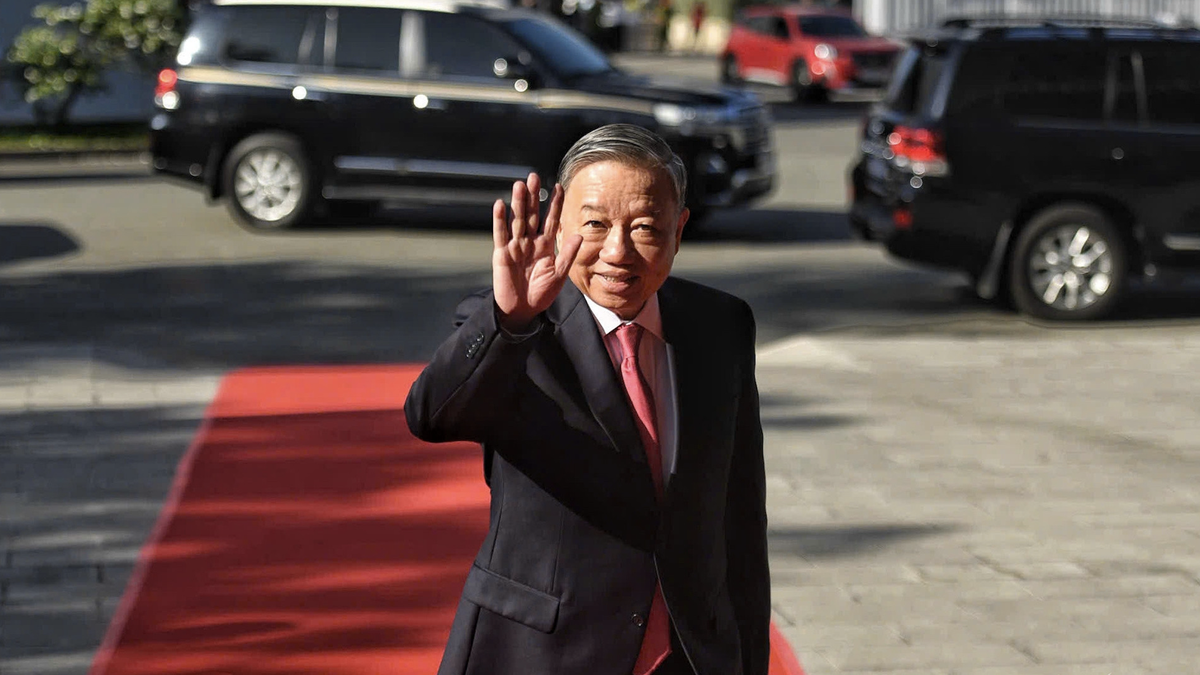


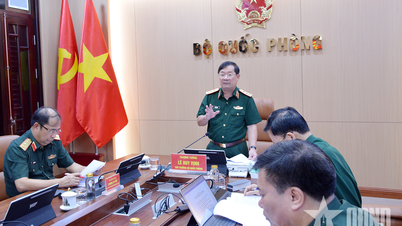

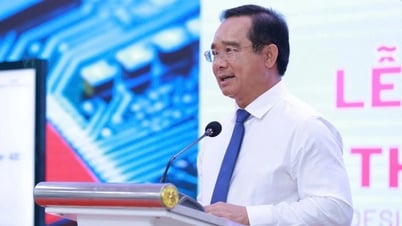

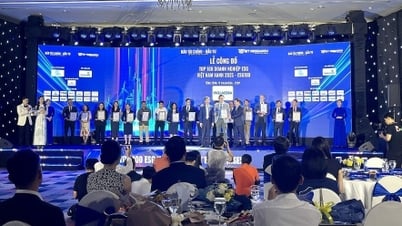



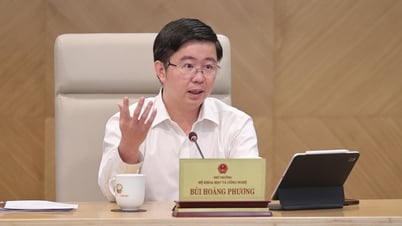

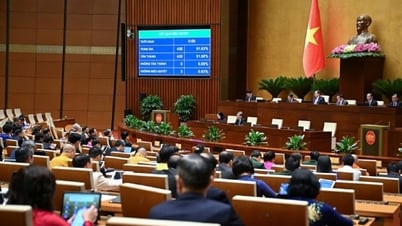





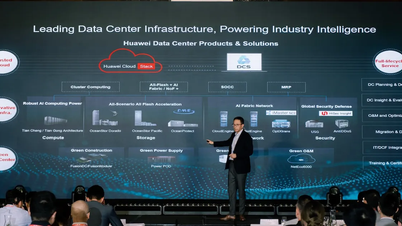

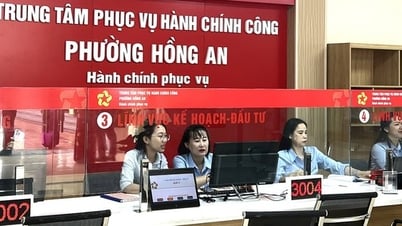








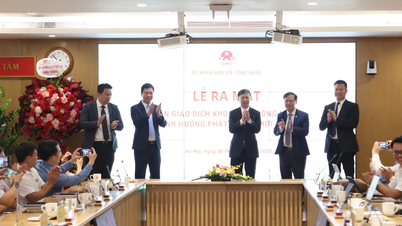









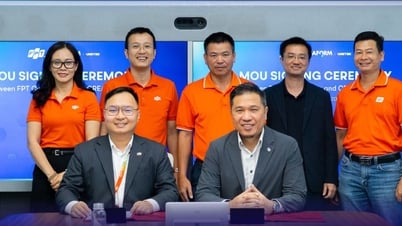









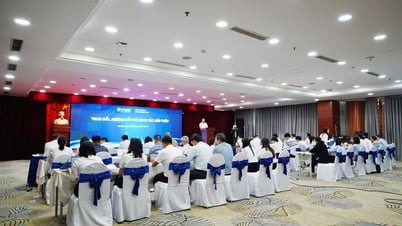



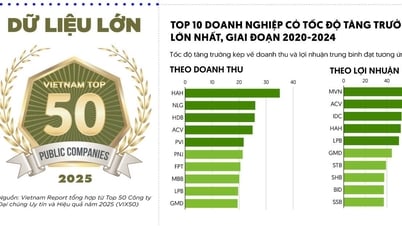

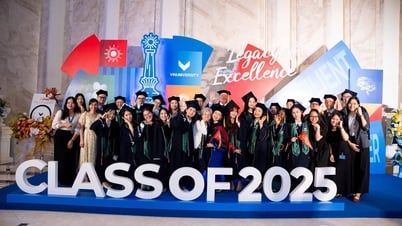






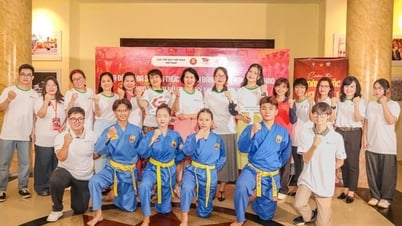

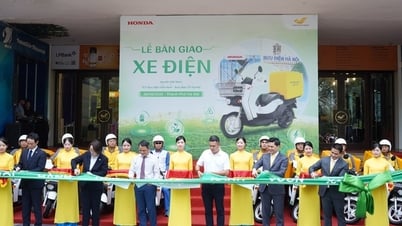


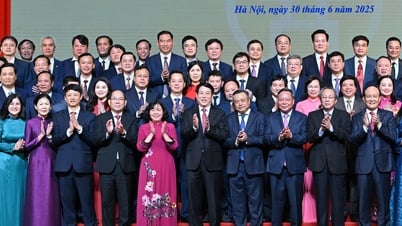


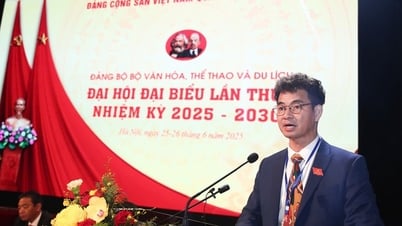


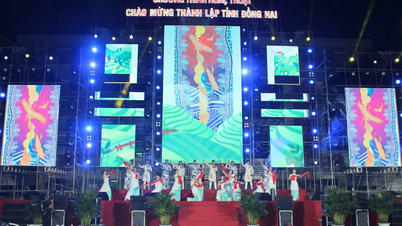

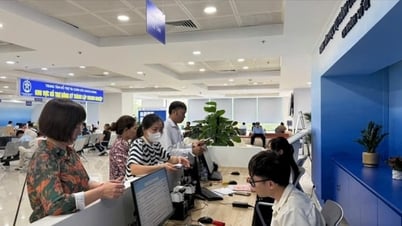















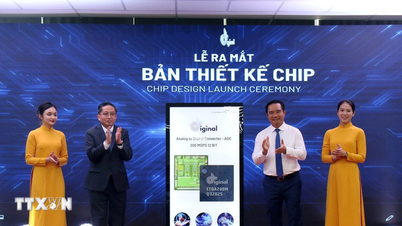





Comment (0)